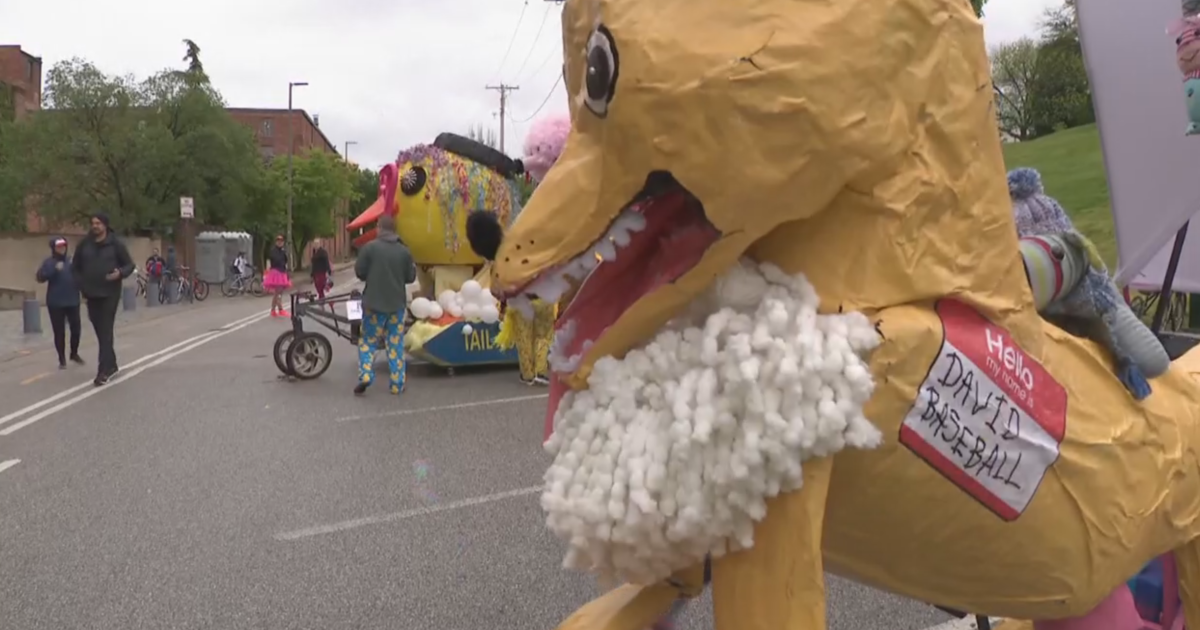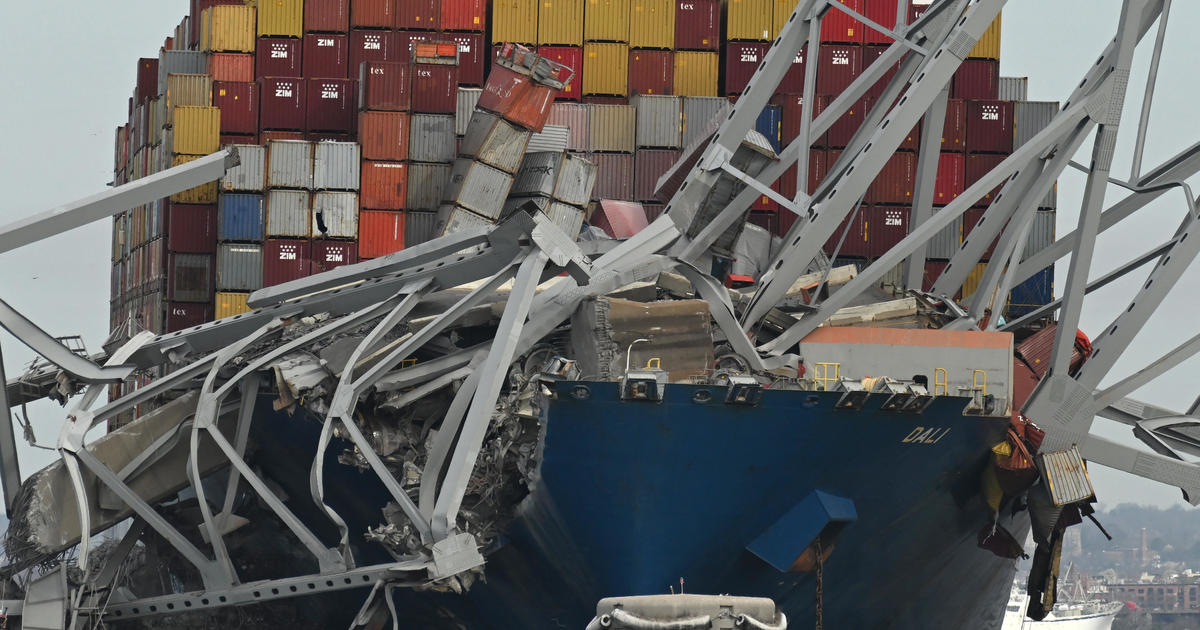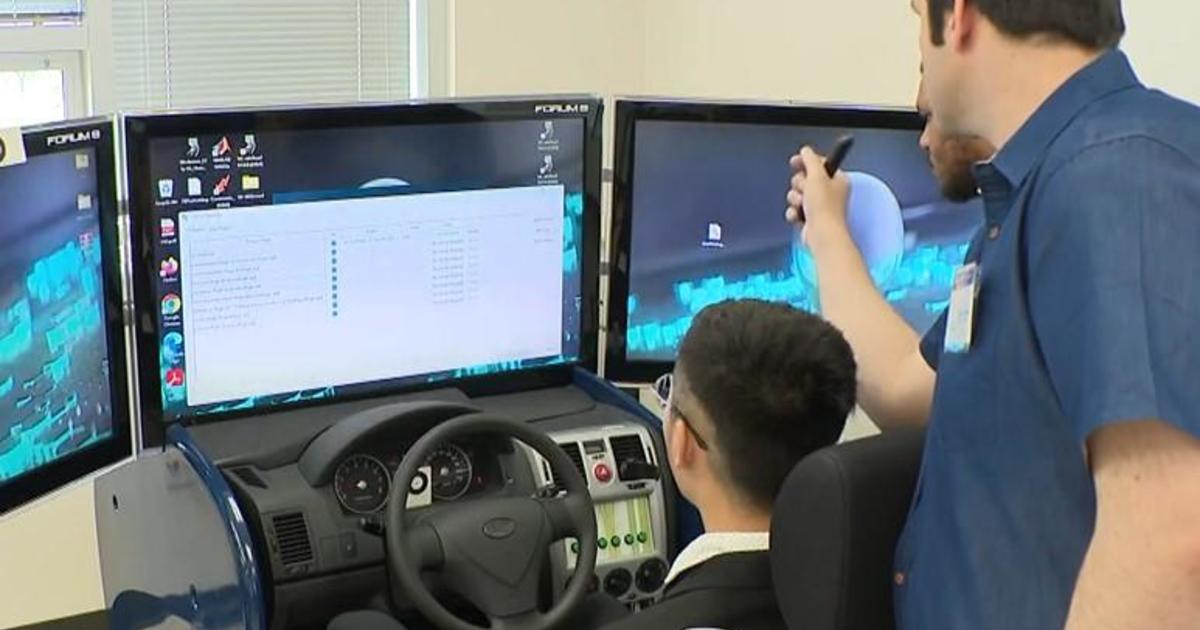Another Meningitis Case Reported In Md.; Mass. Compounding Center Under Scrutiny
BOSTON/BALTIMORE (WJZ/AP) -- An outbreak of fungal meningitis has now sickened nine people in Maryland and killed one. Nationally, the death toll now stands at 12, with 137 ill.
Ten states have been affected: Florida, Indiana, Maryland, Michigan, Minnesota, New Jersey, North Carolina, Ohio, Tennessee and Virginia.
Alex DeMetrick reports the Massachusetts pharmacy that produced a contaminated steroid is very different than pharmacies found here.
It's not clear how the steroid made to relieve back pain became contaminated with fungal meningitis.
In Edgewood, Patricia Pugh was hospitalized with the disease.
"There's a lot of people getting that shot. They have to be more careful of what they're putting on the market," Vincent Pugh, Patricia Pugh's husband, said.
The New England Compounding Center (NECC) in Massachusetts produced and shipped thousands of doses of the contaminated steroid.
"Compounding refers to making medicines by hand again," Dr. Tom Wilson, a pharmacist at Cape Drugs, said.
There was a time when all pharmacies mixed the compounds that became drugs.
Big drug companies changed that, but Cape Drugs in Annapolis still does it, filling individual prescriptions to meet specific needs.
"We can take the dosage forms that the drug companies do provide and change them into something that's more amenable to the patient's therapy," Wilson said.
To do that, sterile conditions along with special training and equipment are needed.
Few pharmacies do compounding, and most that do are filling small orders.
That's very different from the Massachusettes facility which produced a steroid in bulk.
And in Maryland, a pharmaceutical board closely monitors compounding.
"Someone's looking over our shoulder making sure we do things according to protocol," Wilson said.
Compounding is also used for drugs that aren't manufactured by big pharma. For example, the steroid compounded in Massachusetts did not contain a preservative. That type of drug is not mass produced.
Massachusetts Gov. Deval Patrick says the NECC may have misled regulators and done work beyond the scope of its state license.
Patrick told reporters Wednesday that state and federal agencies "may have been misled by some of the information we were given."
He says the company was supposed to fill specific prescriptions for specific patients but instead made big batches of medicine and sold them out of state.
He says that was outside of its state license.
A message requesting comment was left with a company spokesman. The company has shut down and is cooperating with investigators.
A Massachusetts company run by the same executives who operated NECC has agreed to temporarily shut down for inspection by state and federal regulators.
Ameridose is located in Westborough, Mass. The New England Compounding Center, which produced a steroid linked to the outbreak, is in Framingham. Both firms are run by Barry Cadden and Greg Conigliaro.
Ameridose provides sterile medication in prefilled oral syringes to about 3,000 hospitals nationwide. It opened its doors in 2006, eight years after NECC opened.
The Massachusetts Board of Registration in Pharmacy says Ameridose agreed to the shutdown until the inspection by the board and U.S. Food and Drug Administration is completed.
There is no recall of Ameridose products.
(Copyright 2012 by The Associated Press. All Rights Reserved.)



